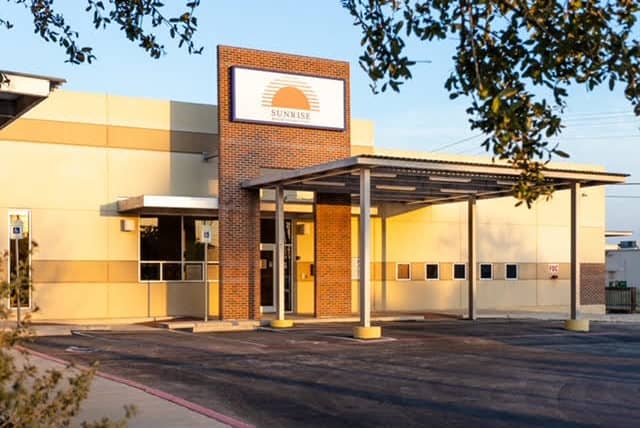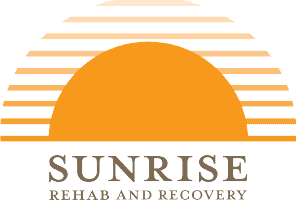
What We Do
Sunrise Rehab and Recovery provides residential detoxification, intensive residential and intensive outpatient services to adults who are dealing with addiction or substance abuse issues. Substance Use Disorders to not discriminate, and impact mothers, fathers, coworkers, neighbors, young adults – we all know someone who has been impacted by addiction. We provide evidenced-based treatment for chemical dependency, as well as for co-occurring issues like depression, anxiety, post-traumatic stress disorder (PTSD), and sexual trauma. By providing extensive medical and mental stabilization, as well as residential substance use treatment, we aim to provide all patients and their families the tools and skills required to live healthier, happier and more productive lives.
The team at Sunrise Rehab and Recovery works collaboratively with referring and treating professionals to ensure the most appropriate and effective care is provided. From the intake process, during treatment and at discharge, referring professionals are considered an integral part of our patients’ treatment journey.
